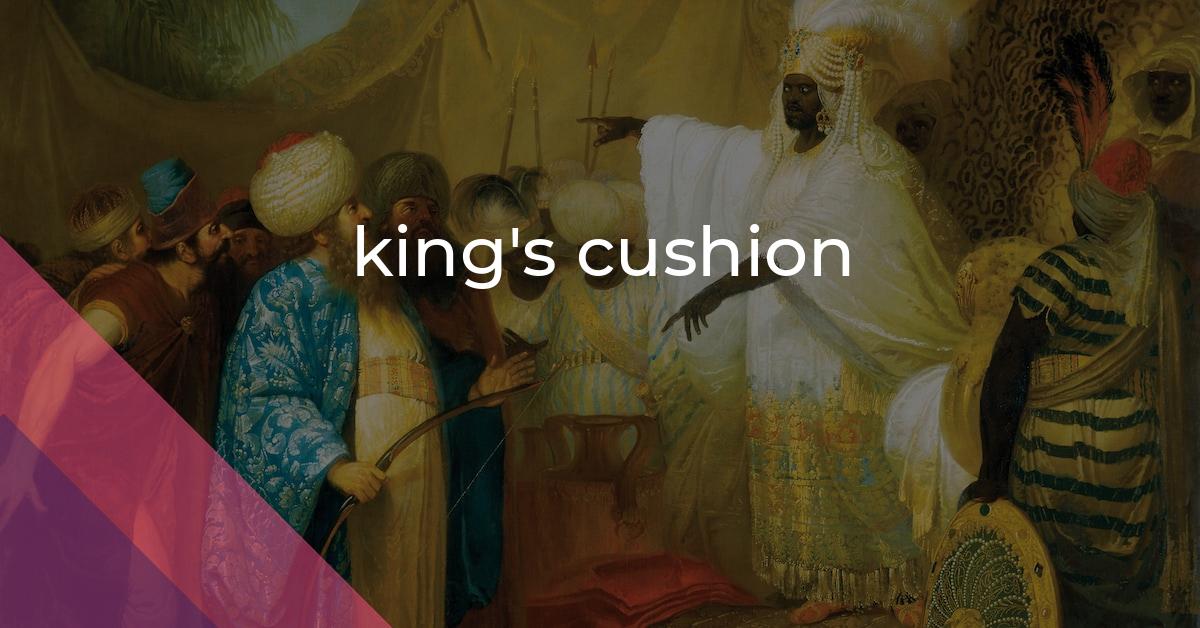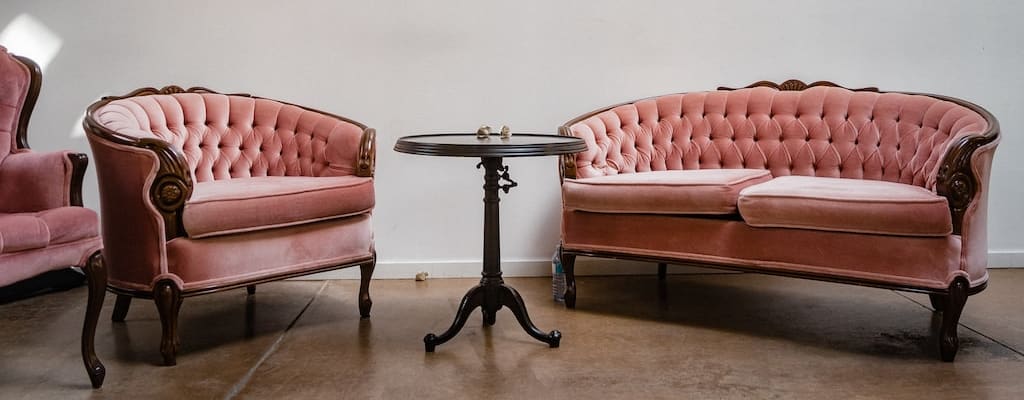king’s cushion: Idiom Meaning and Origin
What does ‘king's cushion’ mean?
The idiom "king's cushion" refers to a position of power or privilege. It implies being in a comfortable and influential role that is highly regarded and protected. This idiom is often used to describe someone who has a coveted or enviable position in society.

Idiom Explorer
"Large and in charge" is an idiom that means someone is in a position of power or authority, and they are confident and capable of handling their responsibilities.
The idiom "king's ransom" means an extremely large or exorbitant amount of money or valuable things.
When someone is referred to as the "king of the castle," it means they are in a position of power or authority and have control over a particular situation or group of people. This idiom can also imply a sense of dominance and superiority.
The idiom "king of birds" refers to the bird that is considered the most powerful, dominant, or superior among other birds.
The idiom "keys to the kingdom" means having access to the most important or valuable things, often referring to having complete control or authority over a situation, organization, or valuable information.
The idiom "in the hot seat" means to be in a difficult or uncomfortable position, often under scrutiny or facing intense questioning.
The idiom "in one's pocket" means having control or influence over someone or something.
The idiom "in one's back pocket" means to have complete control or influence over someone or something.
Unveiling Secrets
The idiom 'king's cushion' is a phrase that is often used metaphorically to describe a position of privileged comfort or security. This phrase implies a sense of luxury and protection, drawing on the image of a king sitting comfortably on a cushion, signifying his power and prosperity.
The specific origin and etymology of the idiom 'king's cushion' are uncertain. However, it can be inferred that this idiom has historical or cultural roots that associate the idea of a king with opulence and entitlement. The idiom is not commonly used in everyday conversation but is more likely to be encountered in literary works or in contexts where a figurative expression is sought to convey a sense of luxury or privilege.
The idioms 'king of the castle' and 'king of the hill' are related to the idiom 'king's cushion'. These idioms also involve the idea of power and dominance. 'King of the castle' is used to describe a person who is in a position of authority or control. Similarly, 'king of the hill' refers to someone who is at the top or in a superior position compared to others.
The concept of a 'king's cushion' relates to these idioms because it symbolizes a position of privilege and superiority. Just as a king sitting on a cushion signifies his power, being the 'king of the castle' or the 'king of the hill' represents a sense of control and dominance. These idioms all express the idea of someone being at the top or being in a position of authority, whether it is a literal castle or hill or a metaphorical position of power.
It is worth noting that while the idiom 'king's cushion' may be limited in usage and cultural variations in different languages, its underlying meaning continues to resonate with audiences. The image of a king and a cushion symbolizing wealth and prosperity prompts reflection on notions of power and privilege, regardless of the specific cultural or linguistic context.
Overall, the idiom 'king's cushion' is a metaphorical expression that represents a position of privileged comfort or security. Its specific origin and etymology remain uncertain, but it is generally understood within the context of opulence and entitlement. Similarly, the idioms 'king of the castle' and 'king of the hill' convey the idea of power and dominance. Whether it is a king sitting on a cushion or someone being at the top, these idioms all reflect the human desire for control and superiority. While the usage and cultural variations of the idiom 'king's cushion' may vary, its core meaning of wealth and prosperity remains timeless, continuing to evoke thoughts on power and privilege.
Example usage
Examples of how the idiom "king's cushion" can be used in sentences:
- She always gets the best treatment at the office, as if she is sitting on the king's cushion.
- After winning the championship, he now feels like he is sitting on the king's cushion.
- The CEO's daughter is always given special privileges, as if she is sitting on the king's cushion.
More "Royalty" idioms



